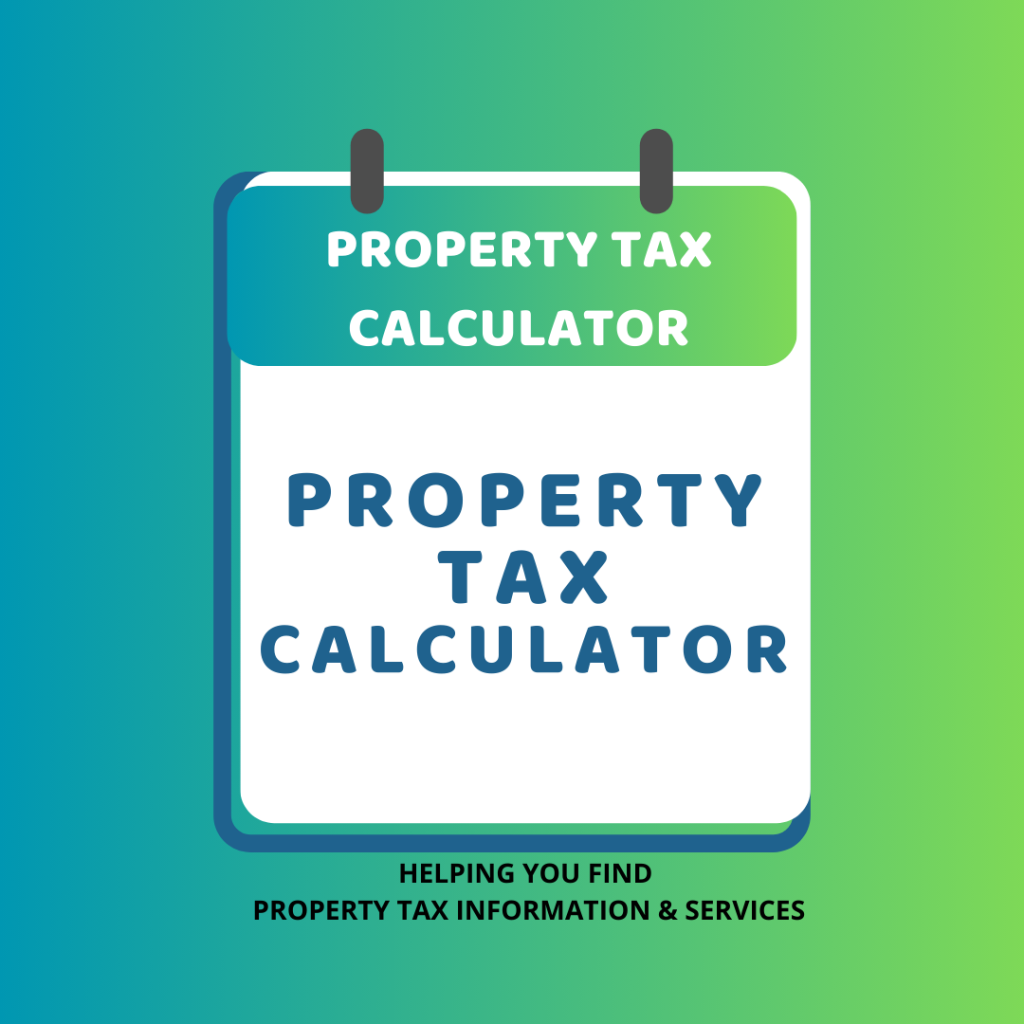
Navigating the world of property transactions can be complex, especially when it comes to understanding stamp duty in Kenya. This tax, often a hidden cost in real estate deals, can catch many by surprise. Whether you’re buying your first home, investing in commercial property, or transferring ownership, knowing how stamp duty works can save you time, money, and stress. In this comprehensive guide, we’ll break down everything you need to know about stamp duty in Kenya for 2024. Let’s dive in and clear up the confusion!
Understanding Stamp Duty in Kenya
Stamp duty is a tax imposed on legal documents related to property transactions. In Kenya, this tax is crucial for registering property transfers and leases. Here’s what you need to know:
- What is Stamp Duty?
Stamp duty is a tax levied on the legal documents that facilitate property transactions. This includes buying, selling, and transferring property. It’s an essential part of property transactions as it helps validate and legalize the transfer of ownership.
- How is Stamp Duty Calculated?
Stamp duty rates vary depending on the location and nature of the property. Here’s a general breakdown:
- Urban Areas: 4% of the property’s market value.
- Rural Areas: 2% of the property’s market value.
The classification into urban and rural areas affects the rate, so knowing the property’s location is vital for accurate calculation.
- Key Documents Required
To calculate and pay stamp duty, you will need the following documents:
- Sale Agreement: Details the terms of the property sale.
- Valuation Report: Provides the market value of the property.
- ID Proof: Verification of the parties involved in the transaction.
- How to Pay Stamp Duty
Stamp duty must be paid through the Kenya Revenue Authority (KRA) iTax system. Here’s a step-by-step guide:
- Register on iTax: Create an account or log in if you already have one.
- Complete the Stamp Duty Form: Provide details of the property and transaction.
- Submit Valuation Report: Upload the property valuation report.
- Generate Payment Slip: Obtain and pay the stamp duty as indicated.
- Common Misconceptions
- Stamp Duty is Only for Buyers: While it’s typically paid by the buyer, the cost can be negotiated between the buyer and seller.
- Only Applicable to Purchases: Stamp duty also applies to leases and transfers of property ownership.
Frequently Asked Questions
- What Happens If I Don’t Pay Stamp Duty?
Failure to pay stamp duty can result in penalties and legal issues. The transaction may be deemed invalid, and you may face fines or additional charges.
- Are There Any Exemptions or Reliefs Available?
Yes, certain exemptions or reliefs may apply, such as for agricultural land transactions or property transfers among family members. Always check with the KRA or a tax advisor for specific details.
- How Do I Dispute Stamp Duty Valuation?
If you believe the valuation is incorrect, you can appeal by providing evidence to the KRA. This might include alternative valuations or market comparisons.
- Is Stamp Duty Different for Commercial and Residential Properties?
The basic rates for stamp duty are the same, but commercial properties might incur additional costs due to higher market values or specific transaction details.
- How Can I Estimate My Stamp Duty Cost?
To estimate your stamp duty, multiply the property’s market value by the applicable rate (4% for urban areas, 2% for rural areas). For precise calculations, use the KRA’s online stamp duty calculator or consult a property professional.
Tips for Managing Stamp Duty
- Plan Ahead: Include stamp duty costs in your budget to avoid surprises.
- Get Accurate Valuations: Ensure your property valuation is precise to avoid overpaying or underpaying stamp duty.
- Consult Professionals: Work with real estate experts or tax advisors to navigate the complexities of stamp duty and ensure compliance
